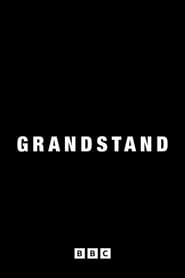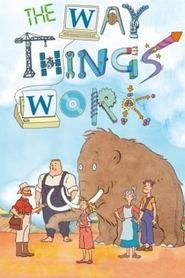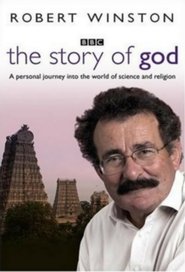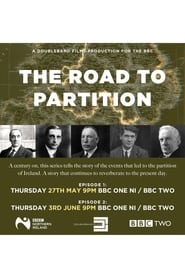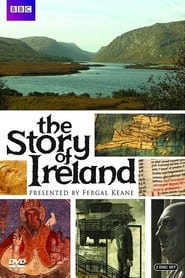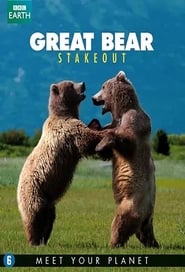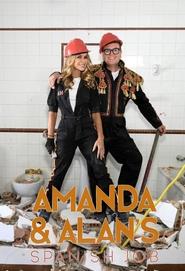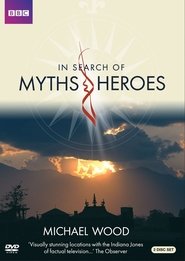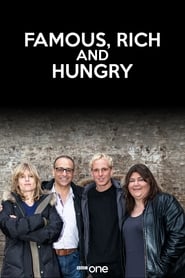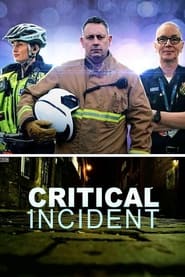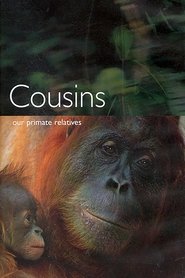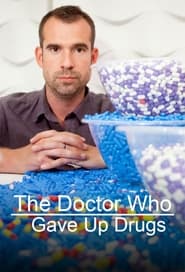Bbc One TV Series - Page 92
-
Grandstand
1958
star 8Grandstand was a British television sport programme. Broadcast between 1958 and 2007, it was one of the BBC's longest running sports shows, alongside BBC Sports Personality of the Year. Its first presenter was Peter Dimmock. There were only four main presenters of the programme during its long history: David Coleman, Frank Bough, Des Lynam, and Steve Rider. Changes in the structure of the programme during its last few years, however, meant it did not have a regular main presenter during this time. Among the more occasional hosts were Alan Weeks, David Icke, Clare Balding, Hazel Irvine, Bob Wilson, David Vine, Barry Davies, Dougie Donnelly, Harry Carpenter, Harry Gration, John Inverdale, Tony Gubba, Helen Rollason, Ray Stubbs and Sue Barker. The last editions of Grandstand were broadcast over the weekend of 27–28 January 2007. -
Disaster Masters
2005
Disaster Masters
2005
Disaster Masters was a series on BBC1 which followed the workers of the British emergency and non-emergency repairs company Homeserve as they carried out repair work contracted by householders' insurance companies. During the different series, they were seen dealing with major disasters such as the Carlisle floods, Birmingham tornado and the Buncefield oil depot explosion. They were also seen carrying out more minor repairs such as boarding up broken windows. Disaster Masters ran for a total of two series and eighteen episodes before it was cancelled by the BBC. The series was then bought by Sky, who broadcast it at different times throughout the week on Sky Real Lives. -
Pooch Perfect
2021
star 7.5Britain’s hairiest hounds get a makeover on the hunt for Britain’s best dog groomer. Sixteen professionals compete to see who can transform them into the smartest pooches in the land. -
The Way Things Work
2004
star 7.4The Way Things Work was a short-lived television series based on the best-selling book of the same name by David Macaulay. -
Paul Hollywood's Pies & Puds
2013
Paul Hollywood celebrates the very best of pies and puddings as he creates a range of delicious recipes and meets renowned chefs. -
The Ministry of Time
0000
The Ministry of Time
0000
The Ministry of Time, a newly established government department, is gathering ‘expats’ from across history in an experiment to test the viability of time-travel. Commander Graham Gore (an officer on Sir John Franklin's doomed 1845 Arctic expedition) is one such figure rescued from certain death – alongside an army captain from the fields of the Somme, a plague victim from the 1600s, a widow from revolutionary France, and a soldier from the seventeenth century. -
The Story of God
2005
The Story of God
2005
The Story of God explores the origins of religion, focusing on the three Abrahamic faiths, and discusses belief in God in a scientific age. The series included a number of interviews with scientists including Dean Hamer, atheist Richard Dawkins, and members of the CERN programme. -
The Road to Partition
2021
On the 22nd June 1921 King George V and Queen Mary arrived in Belfast for the official opening of the first Northern Ireland parliament. Fearful for their lives, they had come to a city scarred by bitter sectarian violence. The King’s visit to Belfast was the culmination of three centuries of history – and three years of political brinkmanship and brutal communal violence. The occasion marked the creation of the new state of Northern Ireland. A line had been drawn on the map – a new border that separated the north and south of the island. One hundred years on, this is the story of the dramatic events that led to the partition of Ireland. A story that continues to reverberate to the present day - and dominate relationships between the islands of Britain and Ireland. -
The Story of Ireland
2011
star 8.5The series aims to explore Irish history using the historical facts and evidence while charting the origin and impact of the numerous myths that have been passed off as history in the past. Key to this approach is relating developments in Ireland to events and changes in Europe and the world at large as the centuries progress. -
The Day After Tomorrow
1975
star 4.5The Day After Tomorrow is a 1975 British science-fiction television drama produced by Gerry Anderson between the two series of Space: 1999. Written by Johnny Byrne and directed by Charles Crichton, it stars Brian Blessed, Joanna Dunham and Nick Tate, and is narrated by Ed Bishop. It first aired in the United States on NBC, as an episode of the children's science education series Special Treat, in December 1975. In the UK, BBC1 broadcast the programme as an independent special in December 1976, and again in December 1977. The plot of The Day After Tomorrow relates to the interstellar mission of Altares, a science vessel of the future that can travel at the speed of light. Departing from its original destination, Alpha Centauri, Altares moves deeper into space and her crew of three adults and two children encounter phenomena such as a meteor shower, a red giant star and, finally, a black hole, which pulls the ship into another universe. Originally commissioned to produce a child-friendly introduction to Albert Einst -
Great Bear Stakeout
2013
star 7Deep in Alaska an expert team of film-makers follow the astonishing lives of grizzly bears. -
Amanda & Alan's Spanish Job
2025
Besties Amanda Holden and Alan Carr say 'Hola España!' as they bring some much-needed TLC to a crumbling casa in southern Spain. It's scaffolding by day, and sangria by night. -
Famous, Rich and Hungry
2014
Four famous volunteers try to untangle the complicated reasons and life choices that lie behind Britain's hidden hunger crisis and are challenged to help UK households find a way out of food poverty -
The Secret of Drawing
2005
This four part series, presented by Andrew Graham-Dixon, explores how drawing has shaped our lives. Join him to discover the history of drawing and its relevance to the modern world. -
Critical Incident
2019
Critical Incident
2019
With attacks on emergency service workers on the rise, this series uses bodycam and CCTV footage to tell the stories of brave 999ers assaulted in the line of duty. -
Cousins
2000
star 7In the three-part series Cousins Dr Charlotte Uhlenbroek set off on a global adventure to meet our closest living relatives - monkeys, apes and other primates. -
The Doctor Who Gave Up Drugs
2016
A social experiment in which Dr Chris van Tulleken takes over part of a GP surgery and stops patients' prescription pills. -
Ballet Shoes
1975
star 8Ballet Shoes is British television adaptation of Noel Streatfeild's novel Ballet Shoes first broadcast on BBC One in 1975. Adapted by John Wiles and directed by Timothy Combe, the series was aired in six parts on Sunday evenings. It was aired by PBS in the United States on 27 December 1976. -
Starting Out
0000
Starting Out
0000
Starting Out is an Australian television soap opera made for the Nine Network by the Reg Grundy Organisation in 1983. The series was the network's replacement for The Young Doctors and was set at a medical college with an emphasis on young people getting their first experience of living away from home and leading independent lives. The youthful cast included Gary Sweet, David Clencie, Nikki Coghill, Tottie Goldsmith and Peter O'Brien, whilst more experienced cast members complementing the young leads included Maurie Fields, Gerard Maguire, Jill Forster and Anne Phelan. The series failed to gain sufficient ratings and was quickly cancelled and removed from the schedules. The unscreened episodes were screened out-of-ratings in late 1983.
